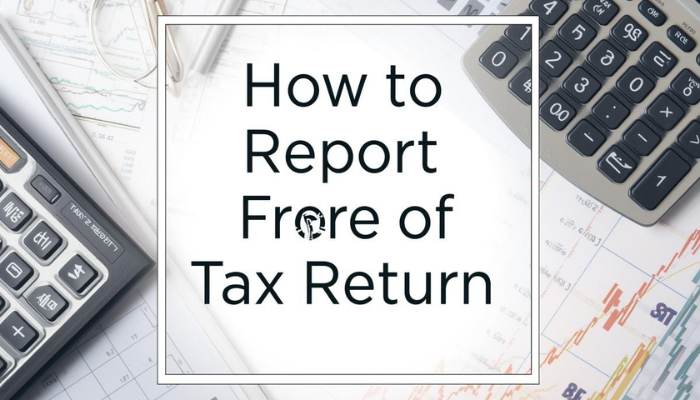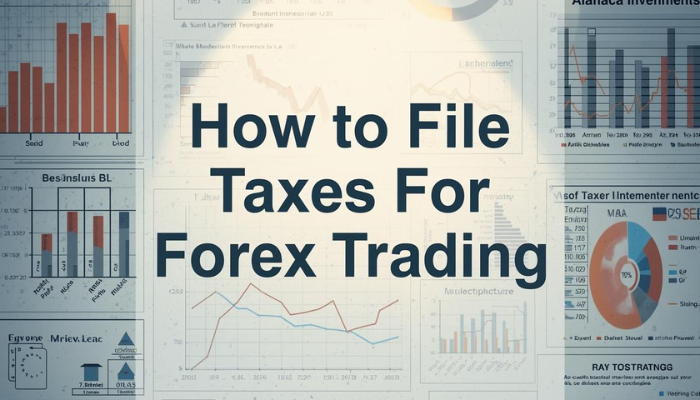What is a tax Lien?
Have you wondered what is a tax lien? The government may legally seize assets from a person or business that has not paid taxes due. This is known as a tax lien.
By providing the government with preference over other creditors if the debtor’s assets are dissolved, this claim serves as a guard to guarantee that the government may collect the obligation. L&Y Tax Advisor further explains what is a tax lien and its impact on your monetary assets and professional reputation.
What is the Process of a Tax Lien?
Federal, state, or local tax authorities may levy a tax lien. Asset seizure is not always the result. Instead, the government’s stake in a taxpayer’s assets – such as real estate, automobiles, stocks, or company assets – is protected.
In addition to existing assets, all future assets acquired during the lien’s validity are also covered.
The Procedure for Tax Liens
The procedure starts once the IRS or the local government sends the notice and asks for payment. If the taxpayer doesn’t make payments or work out a settlement, a lien is created.
All assets and property connected to the business, including accounts receivable, are subject to the lien.
A federal tax lien is not always removed by declaring bankruptcy. Unlike many other debts dismissed after bankruptcy, federal tax liabilities and associated liens may continue after bankruptcy procedures.
Read: What is a tax district?
Impact of a Federal Tax Lien
The financial freedom of a taxpayer may be significantly impacted by a federal tax lien:
Credit Limitations
Tax liens can still impact loan approvals and financial credibility even if they haven’t been shown on credit reports since 2018.
Selling or Refinancing
Property sales and refinances are impeded by tax liens.
Priority Over Creditors
Most other claims are subordinated to the IRS lien.
Resolving a Tax Lien
Paying the tax bill in full is the simplest way to remove a tax lien. The IRS or local government will let go of the lien and modify public records in accordance with payment. Other choices include:
- Payment plans with automatic withdrawals.
- Under IRS Publication 783, a property discharge removes a particular piece of property from the lien.
- Subordination, which permits other creditors to take precedence.
- Withdrawal of notice expunges the lien’s public record while the obligation is still owed.
Read: What is a VAT number in the US?
Sales and Duration of Tax Liens
Third-party investors may purchase tax liens at public auctions in certain jurisdictions, giving them the right to collect. The property owners then owe the lien purchaser the loan and interest. Regarding unpaid property taxes, most states permit delinquency for up to two years before foreclosure.
The Bottom Line
The government employs this effective collection strategy to recover overdue taxes. Even if it does not always lead to the seizure of property, it may significantly impact a person’s assets, credibility, and financial alternatives. So, learning about what is a tax lien helps to regain authority over your financial destiny that it be resolved quickly.


